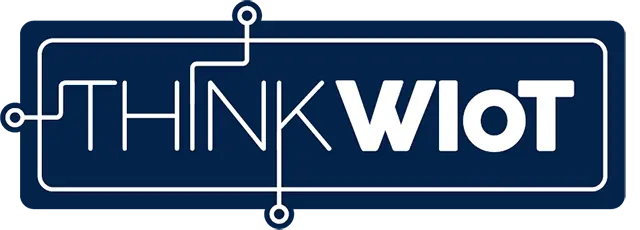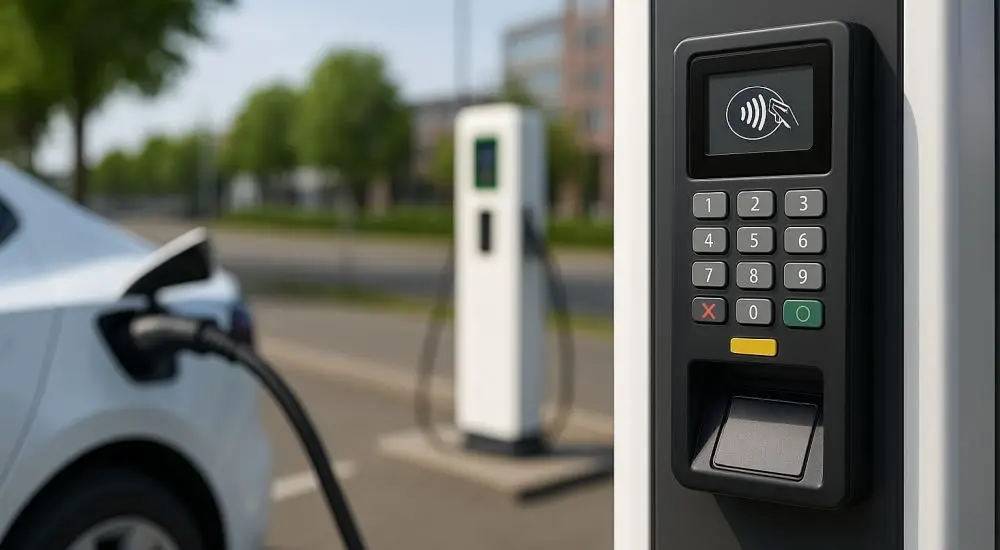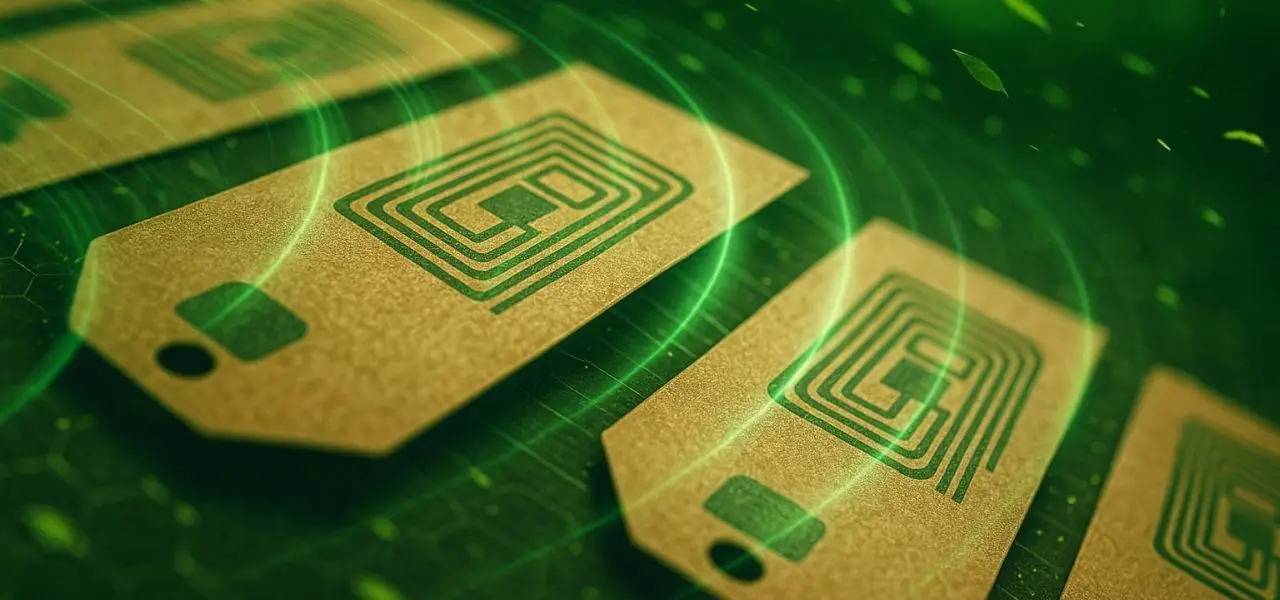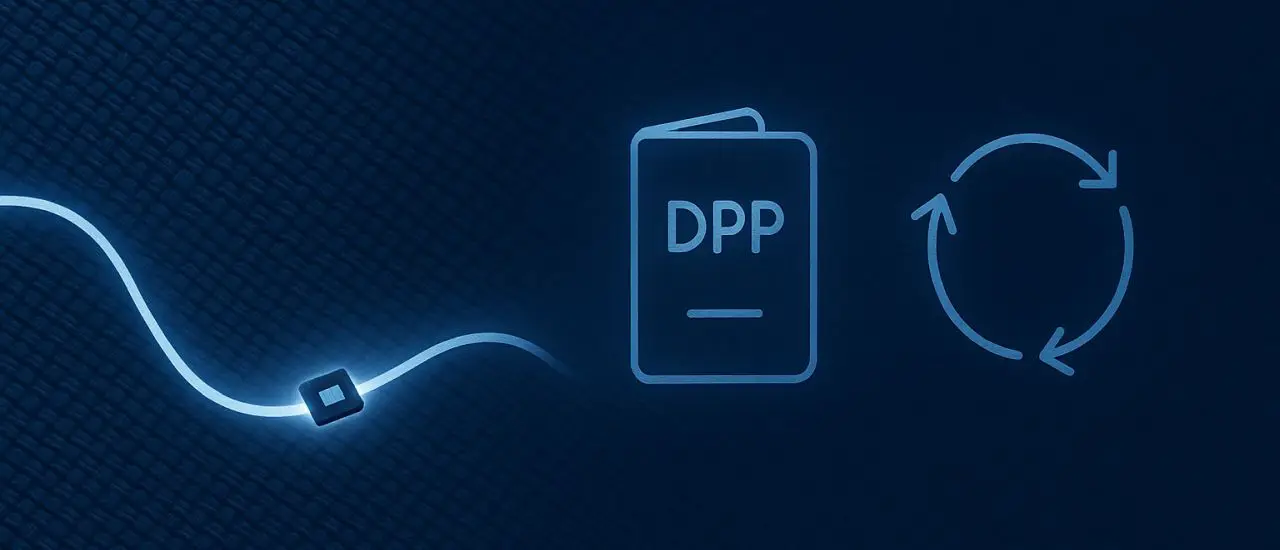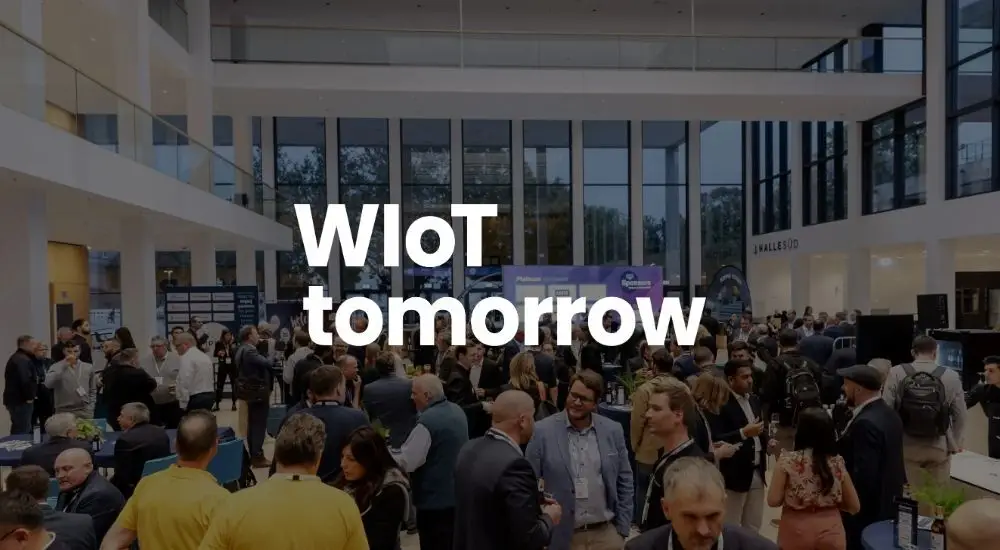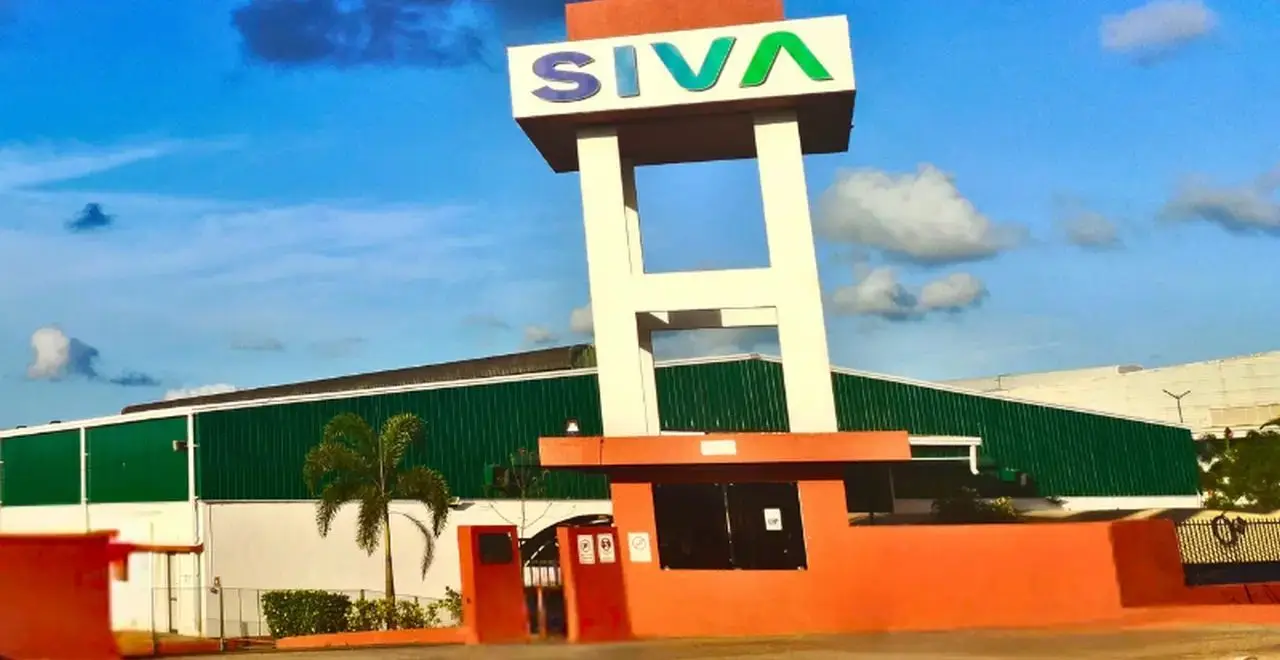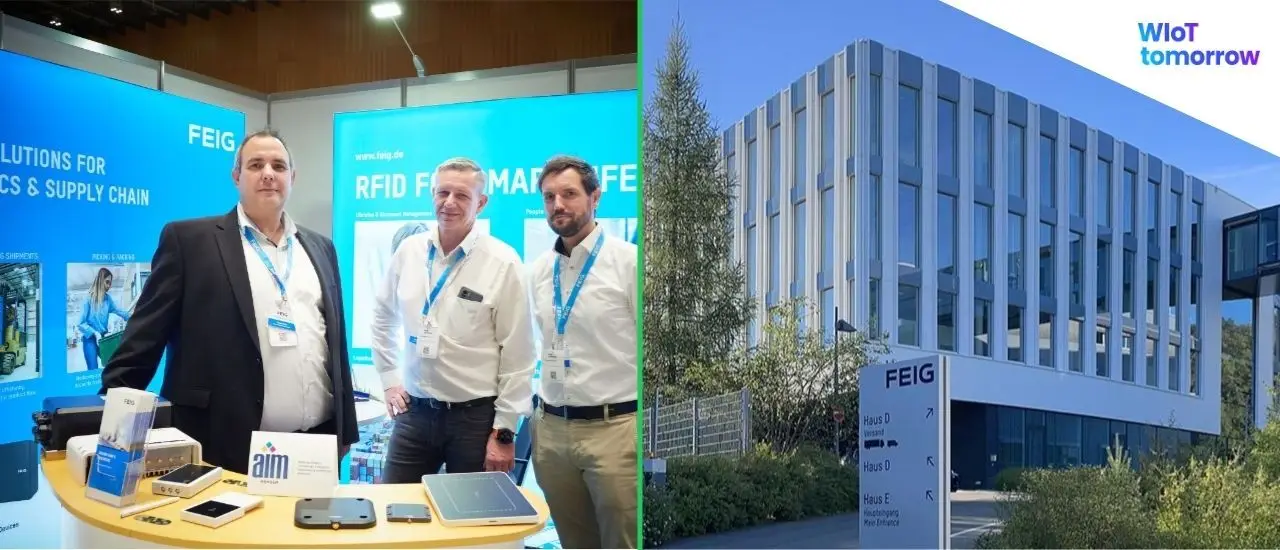A new payment technology meets AFIR requirements — and clears the path for faster expansion of EV charging stations.
The mobility transition needs speed — and a functional charging infrastructure. But as electromobility continues to gain momentum in Germany, public charging is often still criticized as too complicated, too costly, and too slow. One key issue: payment. Feig Electronic’s new plug-and-play payment solution changes that — faster than expected.
AFIR: Card Payments Become Mandatory
With the EU’s new AFIR regulation (Alternative Fuel Infrastructure Regulation), card-based payment becomes a requirement. Starting in 2024, all newly installed charging stations must include a terminal that accepts standard debit and credit cards — such as Girocard, Mastercard, or Visa. Add-on options like provider apps or RFID cards from EnBW or Shell remain allowed, but card payment must always be possible.
The goal: more transparency and ease of use for consumers. The reality for manufacturers and operators: more effort, more paperwork — and often months of integration time.
Feig Electronic Radically Reduces Waiting Time
This is exactly where Feig Electronic comes in. Together with software partner ev-pay, Feig has developed a fully cloud-based payment system that is ready to use within hours. Instead of time-consuming interface development and certification, Feig offers a ready-to-use, AFIR-compliant solution — preconfigured, tested, and delivered.
Our customers can install a charging station tomorrow — and equip it with a ready-to-use payment terminal the same day. That reduces the effort by up to a year and a half compared to traditional integration.
Frank Edunjobi - Senior Project Manager PAYMENT
From Technical Obstacle to Competitive Edge
Traditional payment integrations using protocols like ZVT often take 6 to 18 months — a timeline that slows down infrastructure expansion. Feig breaks through this bottleneck. The new plug-and-play solution requires no custom software integration and fits into existing systems — ideal for smaller providers, municipalities, or utilities with limited resources.
Manufacturers who integrate Feig’s solution gain a competitive advantage: they can offer operators fully functional, AFIR-compliant charging stations from day one.
In the past, the answer was often: That will take two years and cost €100,000. Today, we say: We make it mechanically compatible, test together — and it works.
Frank Edunjobi - Senior Project Manager PAYMENT
Infrastructure or Activation Problem?
The public debate often focuses on the number of charging points. But what matters is not just quantity — it's availability and usability. According to Germany’s Federal Network Agency, around 105,000 public charging points were registered in May 2024 — many with utilization rates below 10%.
Part of the issue lies in technical activation: stations may exist physically but are not usable — due to missing or non-compliant payment systems. Feig’s solution changes that: activate instead of rebuild — with no complex customization required.
A Signal for the Entire Industry
Feig Electronic’s new payment system is more than a technical upgrade. It’s a blueprint for accelerating infrastructure rollout — legally compliant, standardized, and ready to deploy. The combination of plug-and-play hardware, cloud-based software, and full AFIR compliance turns regulatory pressure into a market advantage.
Those who adopt the solution early benefit in two ways: lower integration costs — and a clear edge in public tenders, such as Germany’s Deutschlandnetz initiative.
The future of EV infrastructure lies in solutions that are not only technically sound but also immediately deployable. Feig Electronic’s plug-and-play payment system shows how regulatory demands can become opportunities — and how an apparent obstacle can become a true accelerator for the mobility transition.
Frank Edunjobi - Senior Project Manager PAYMENT, FEIG ELECTRONIC


